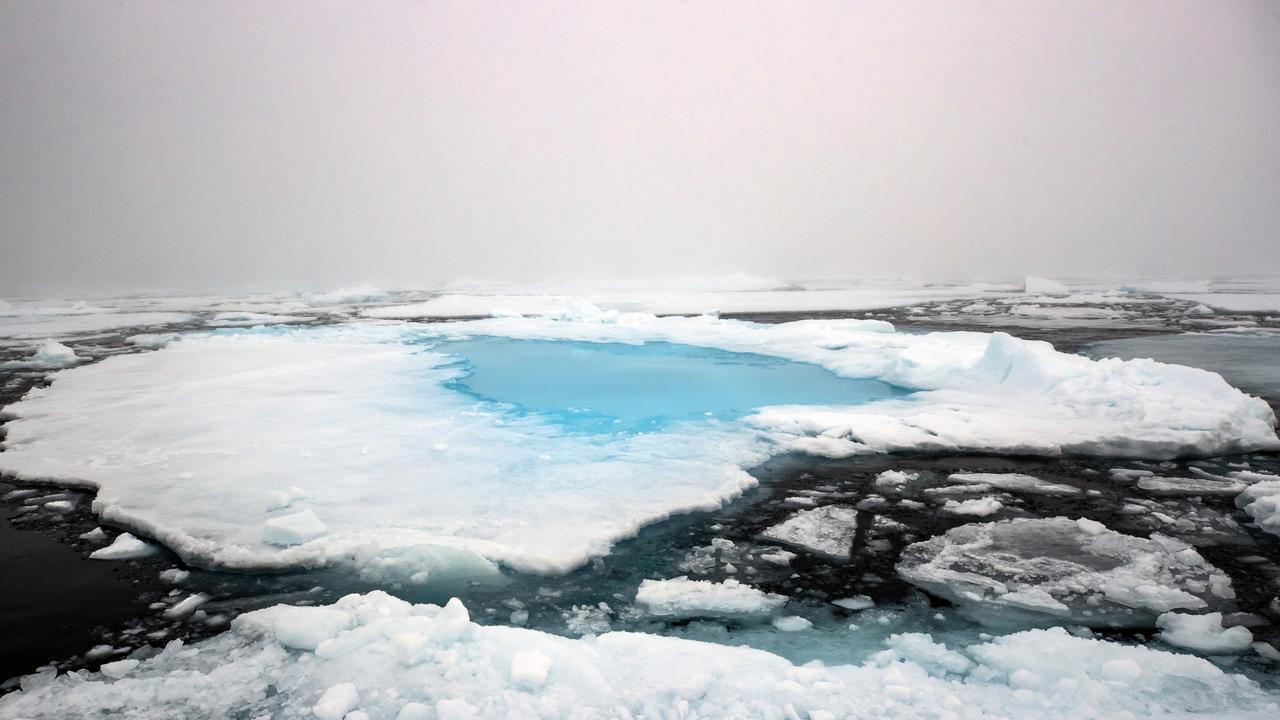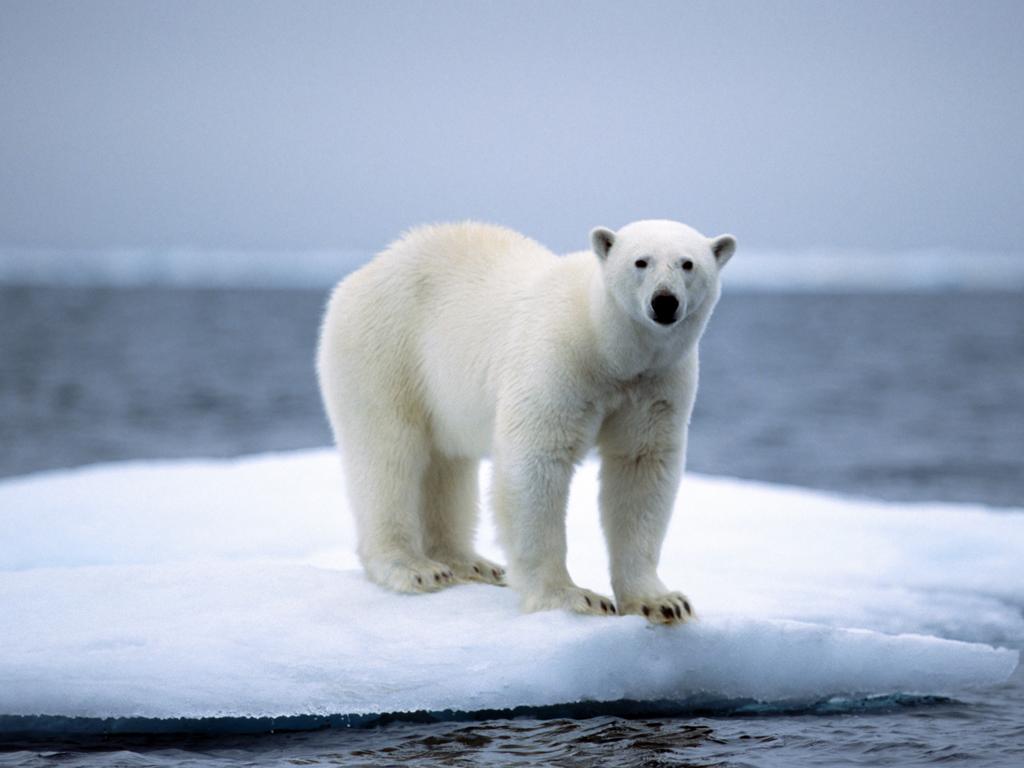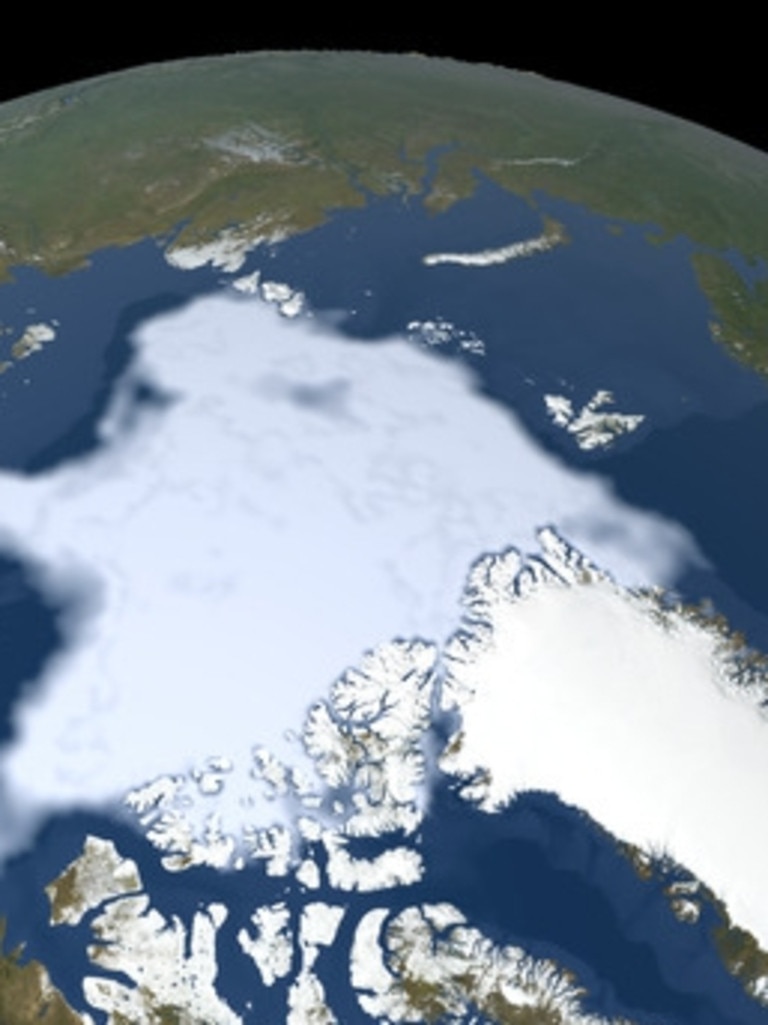The Arctic could be ice-free in less than a decade
The Arctic is predicted to experience an ice-free summer much sooner than previously thought – and in an unexpected twist, Russia and China could be set to benefit.

The Arctic could have an ice free summer as soon as the 2030s – a decade earlier than previously thought – and Russia and China could be set to benefit, climate scientists believe.
Arctic sea ice grows and shrinks according to the time of the year, but a study published in Nature Communications on Wednesday reveals the overall area has been declining during recent decades, with the trend accelerating since 2000.
The sixth assessment report of the IPCC (International Panel on Climate Change) claimed the Arctic would be “practically ice-free” in September (the end of the Arctic summer) by around 2050, but the new modelling produced by South Korean and German scientists shows this could now occur as early as the 2030s.

Of particular concern, the researchers found this would happen even under the IPCC’s second-most optimistic emissions scenario, called SSP1-2.6, in which the entire world gets to net zero some time after 2050, and global temperature increases stop at 1.8°C by the end of the century. Temperatures have already risen 1.1°C above the pre-industrial average, and are all but guaranteed to rise higher, given emissions of the greenhouse gases which cause global warming are still increasing.
“These results emphasise the profound impacts of greenhouse gas emissions on the Arctic, and demonstrate the importance of planning for and adapting to a seasonally ice-free Arctic in the near future,” the authors stated in their report.

Emeritus Professor David Karoly from the University of Melbourne, an internationally recognised expert on climate change and climate variability, said the loss of Arctic sea ice would itself further accelerate global warming.
“The sea ice in the Arctic region is critically important for reflecting sunlight back out to space. When it disappears, there’s no longer as much reflection … which means more sunlight is absorbed into the ocean waters in spring and summer … and that means faster warming,” he said.


While that was a massive concern, some countries would perceive benefits from an ice-free Arctic, Prof Karoly said.
“Shipping from the Pacific Ocean to the Atlantic Ocean and vice versa is much shorter and much cheaper if it goes through an ice free Arctic than if it has to go through the Panama Canal or the Suez Canal,” he said. “That is very relevant to some countries like Russia and China.”
Another possible “positive” from the melting of Arctic sea ice was that it might lead to a weakening of the so-called “polar vortexes” which occasionally smash the US, Europe and China, Prof Karoly said.
While Antarctica had traditionally not experienced the same scale of ice loss as the Arctic, Prof Karoly said, over the past five years the southern continent had also experienced “large declines” in its sea ice.
Last month researchers from the University of NSW showed the melting of Antarctic ice had already slowed deep ocean currents by 30 per cent.
More Coverage
Originally published as The Arctic could be ice-free in less than a decade




